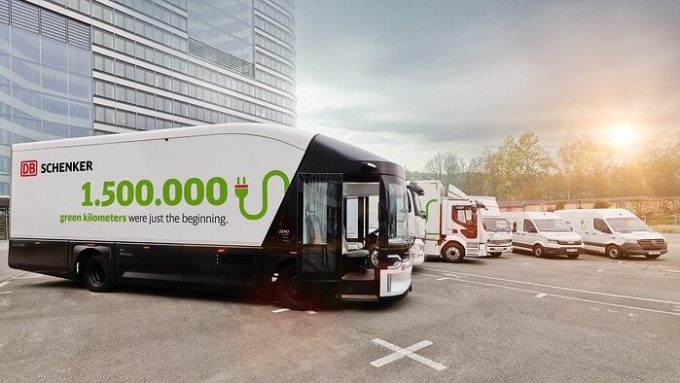News in Brief Podcast | Week 18 | Transpac chaos and Q1 earnings
In this episode of The Loadstar’s News in Brief Podcast, host and news reporter Charlotte Goldstone ...

Changes in the logistics industry are constant, but those forced through by effects of Covid-19 have taken on a greater significance, offering an insight into how a forwarder such as Germany’s DB Schenker can improve connections.
In particular DB Schenker’s airfreight business has taken on a ...

Comment on this article